Did you know that Harney offers teas that are certified kosher? If you’ve stumbled across that on our website or on one of our tea’s descriptions, you may have wondered what that meant.
Unless you grew up in a traditional Jewish home, you may have no idea what it means for a food or beverage to be certified as kosher. Or you may think you know… and you may be wrong.
So, What Does Kosher Mean?
The word “kosher” means “fit” or “appropriate.” It is derived from the Hebrew word kasher which means “proper” or “lawful.” In everyday slang, saying that something’s “not kosher” means it’s not cool or okay. But in its original meaning, to “keep kosher” means you follow Jewish dietary laws.
Those dietary laws were set forth in the Torah, in the books of Leviticus and Deuteronomy. The laws and practices of kashrut (kosher) are quite complex. Here’s a high-level overview:
- In order to be kosher, land animals must have cloven (split) hooves and chew their cud. Pork is not allowed in a kosher diet because pigs do not chew their cud.
- Fish must have fins and scales. Shellfish is not kosher.
- Only certain types of birds are kosher. Chicken, turkey, geese, quail and dove are kosher but, in general, any type of bird that is predatory is not kosher.
- If you like to eat crickets or grasshoppers, you’re in luck-- they’re kosher. But most other insects are not.
A couple of kosher myths:
- Kosher food means it’s been blessed by a rabbi. While all kosher food must be certified, it doesn’t mean it’s been blessed by a rabbi.
- Kosher food is Jewish food. Kosher food doesn’t have to be matzah ball soup or or challah or potato latkes. It can be any type of food at all-- Mexican, Italian, German. It’s what it is and how it’s prepared following kashrut law that makes it kosher.

As we said, this a very high overview of what it means to be “kosher.” As you begin to wade into the many details and exclusions (like eggs are ok unless you find a blood spot inside, then they’re not, or wine that’s not made by Jews is not kosher), it gets incredibly complex. Over the years, kashrut practices have evolved, and Jewish definitions of “keeping kosher” have varied. In fact, depending on what denomination of Judaism a person is-- Orthodox, Conservative or Reform-- some may be far more lenient in their kosher observances. Also, there are increasing numbers of non-Jewish people who are interested in following a kosher diet.
Here at Harney we want to be inclusive of all people’s nutritional choices, whether it’s kosher or decaf, herbal wellness teas or a craving for matcha, so we strive to offer choices for everyone, including kosher teas.
How Does Tea Become Kosher?
Unlike what we’ve outlined above, the process for certifying that tea is kosher is relatively straightforward. We partner with Kosher Supervision of America (“KSA”), a widely respected kosher certification agency based in Los Angeles. The main purpose of KSA is to certify food as kosher--it’s their primary job, and they do it incredibly well. They review our products and our manufacturing process, including regular audits on site by a Rabbinic Coordinator or a qualified Mashgiach (Rabbinic Field Representative). These kosher experts review our plans and procedures to ensure we have a kosher operation.

We go through this process once a year and have a certificate renewed annually. It outlines the specific teas that have been certified kosher. We’re proud of our kosher certification and are happy to share it with you for your viewing pleasure.
We’ve Got a Lot of Kosher Tea
With nearly 150 kosher-certified teas, unless you searched them out intentionally, it’s likely you’ve been drinking one or more of our kosher teas and didn’t even realize it. The list includes customer faves like Winter White Earl Grey, Herbal Hot Cinnamon Spice, Matcha Iri Genmaicha, Peaches & Ginger, Green Tea with Coconut, African Autumn Herbal Tea and dozens more. Same delicious taste as all our Harney teas, just processed to comply with kosher rules. Whether you follow a strict kosher diet or not, these teas are kosher in the dietary sense… and they’re also kosher in the “cool!” sense.
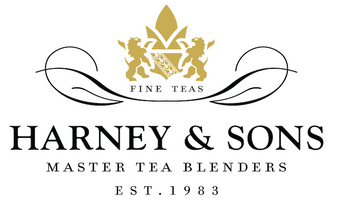

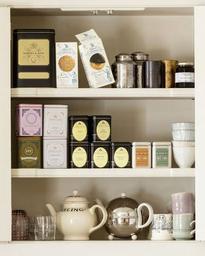

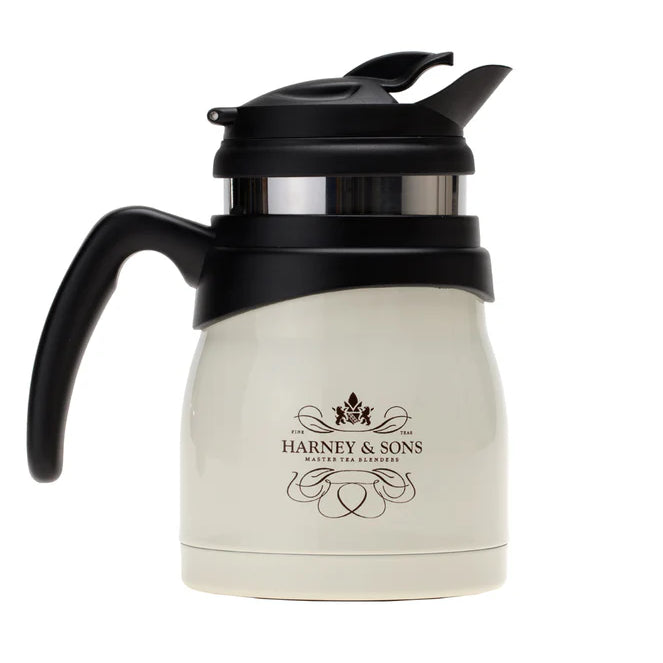
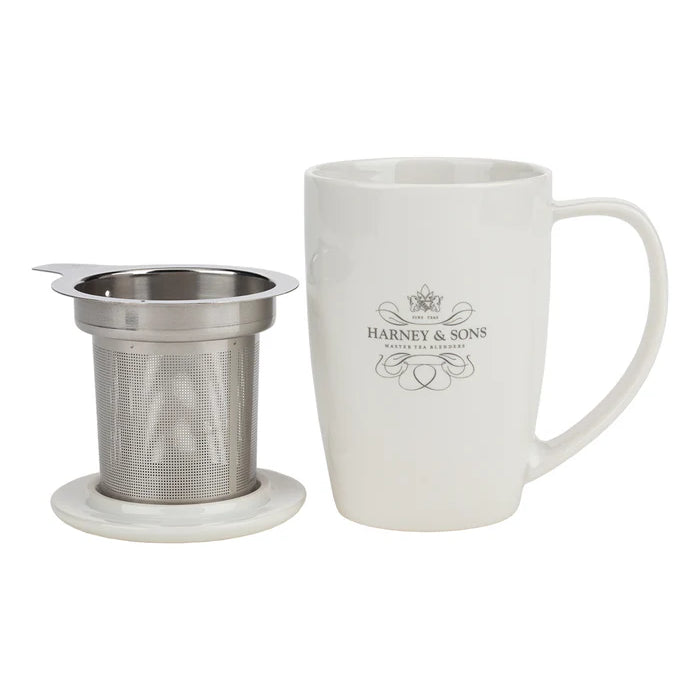
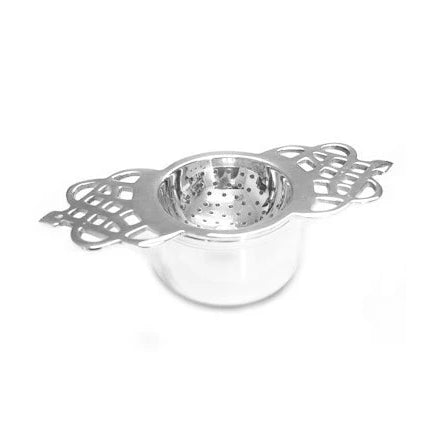
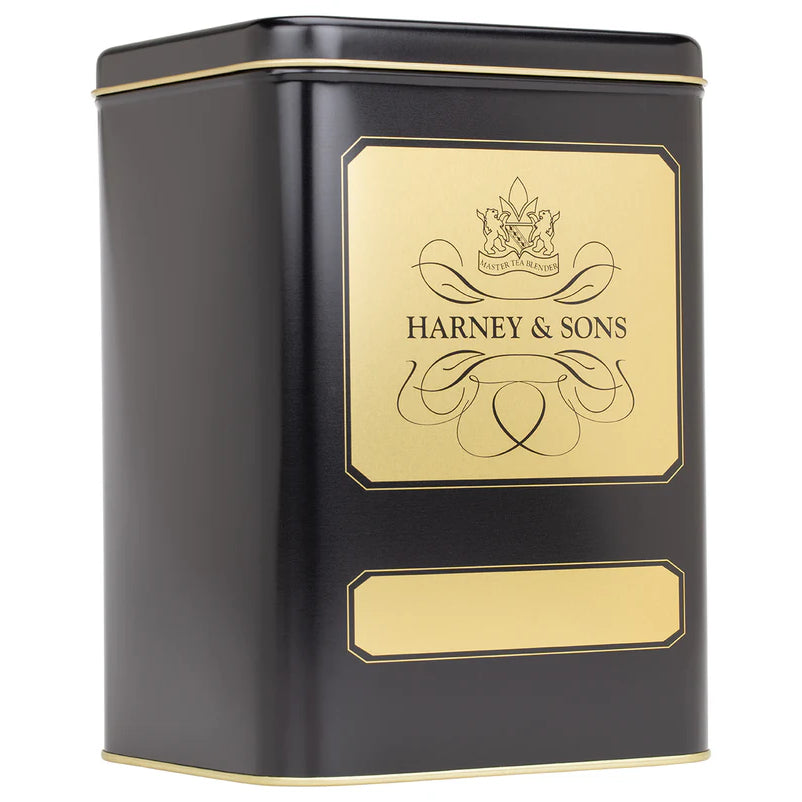
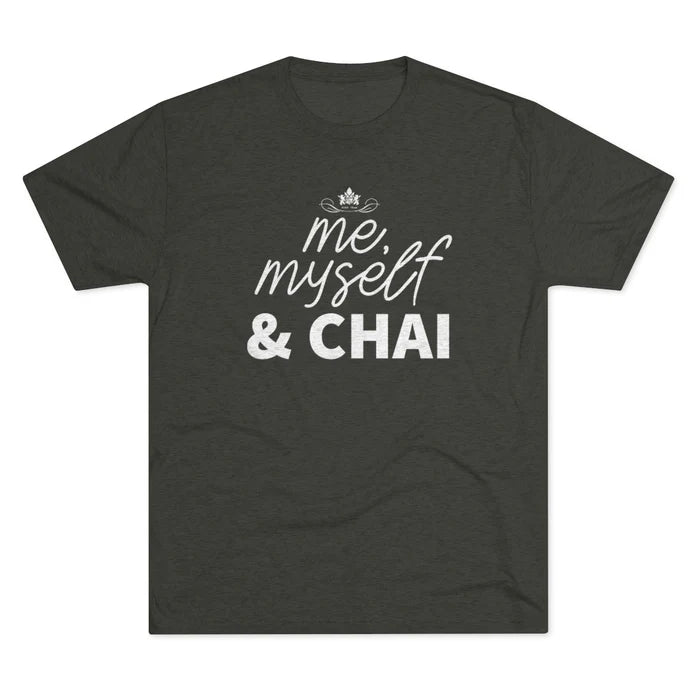

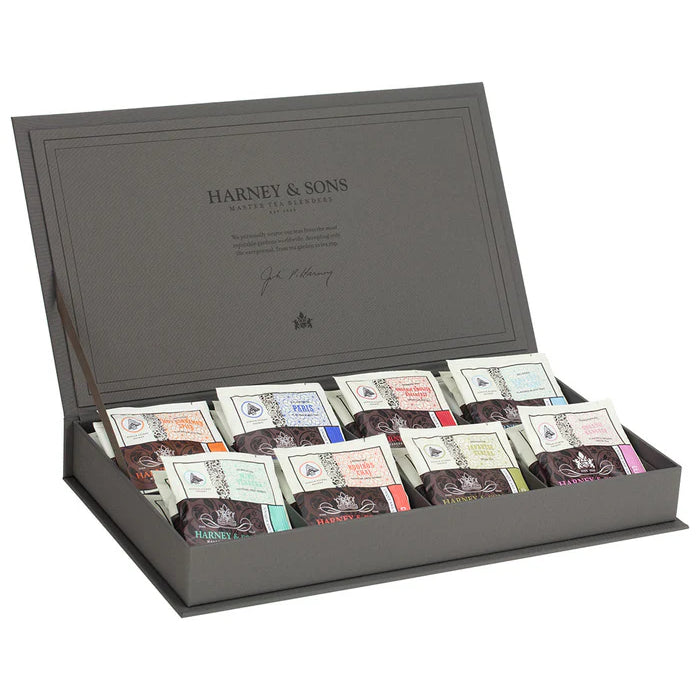
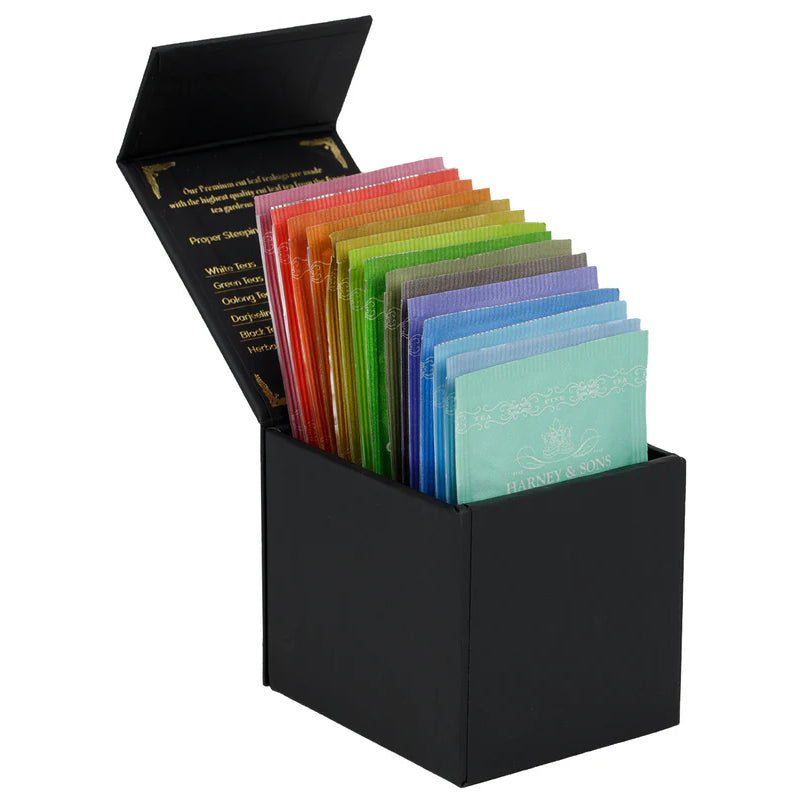

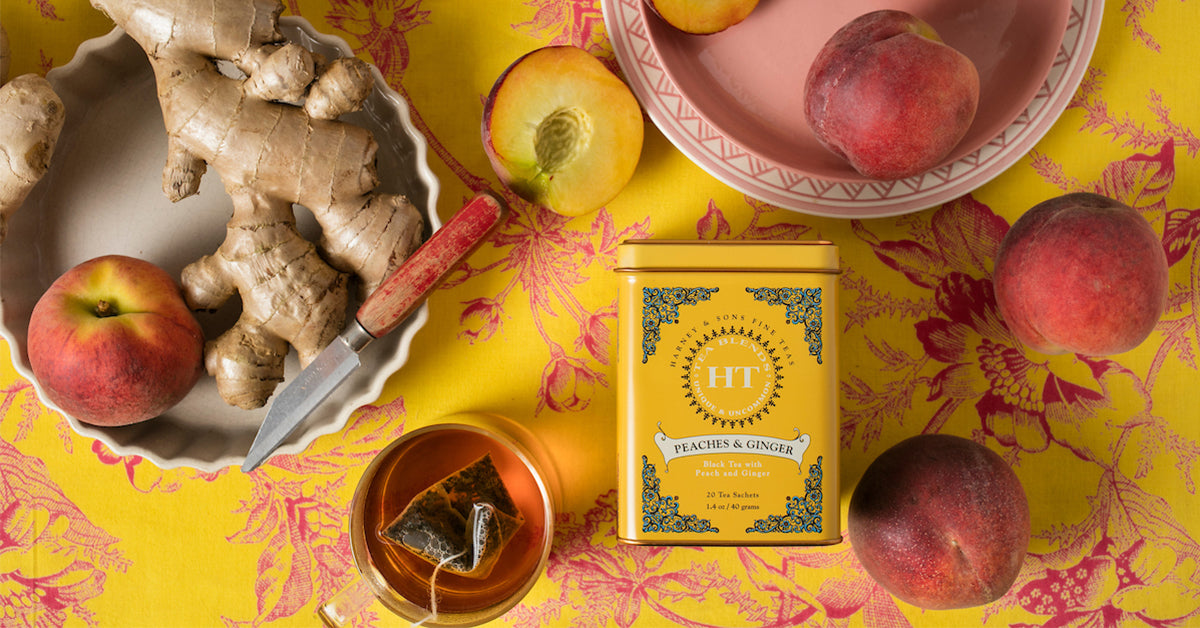
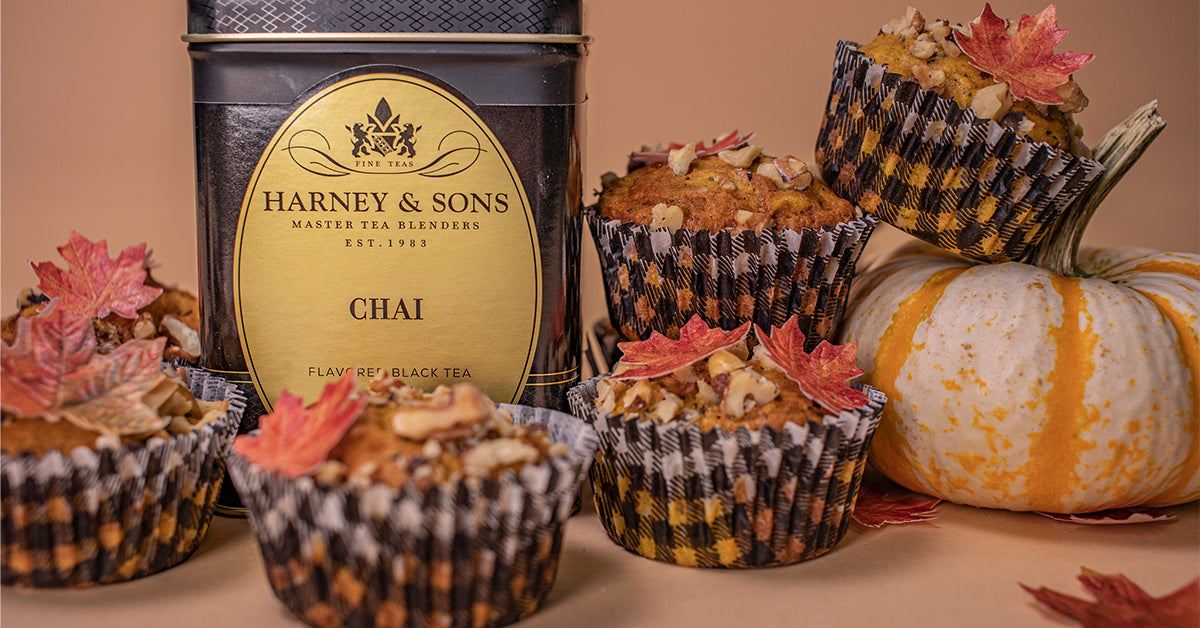

12 comments
Anna
As a Jewish person, you have no idea how much I truly appreciate this from your company <3 Thank you so much
As a Jewish person, you have no idea how much I truly appreciate this from your company <3 Thank you so much
Deb Garrison
Thank you for the educational and well-written explanation! Harney teas are the best, “cool” and hot!
Thank you for the educational and well-written explanation! Harney teas are the best, “cool” and hot!
Kathy Blaustein
Thank you for your thoughtful explanation about kosher food. I have been drinking your teas for years. Your vast inventory of teas represents a variety of cultures, geographical areas and dietary choices. The more I learn about Harney & Sons, the more I appreciate your commitment to a business model that respects the diversity of its clients.
Thank you for your thoughtful explanation about kosher food. I have been drinking your teas for years. Your vast inventory of teas represents a variety of cultures, geographical areas and dietary choices. The more I learn about Harney & Sons, the more I appreciate your commitment to a business model that respects the diversity of its clients.
Chantal Racheau-Bryant
I enjoyed reading your article and now like Harney and Sons even more for its commitment to quality and meeting a diversity need.
I enjoyed reading your article and now like Harney and Sons even more for its commitment to quality and meeting a diversity need.
Nick Rosenberg
Love the article. So well written.
Thoughtful of you to take the time to put it together.
And love Harney Tea!
Thank you :)
Love the article. So well written.
Thoughtful of you to take the time to put it together.
And love Harney Tea!
Thank you :)
Evan M Inker
Thank you so much for arranging to have Kashrus certification on some of your flavored and herbal tea mixes. As much as being “Kosher” can be a confusing topic, It is a well known in the Observant Jewish Community that all teas that do not have any flavorings or processed herbal ingredients, all inherently kosher. Black, green, white, yellow, oolong, and jasmine tea are all inherently kosher, but the issues of decaffeination and flavoring apply to tea in the same way that they apply to coffee. For that reason all decaffeinated tea and all flavored tea (which includes most herbal teas) should only be used if they bear an appropriate certification. As an avid Harney’s tea drinker for over 25 years I have no doubt that the Black, White, Green and Jasmine Teas that i have enjoyed immensely from Harney’s are definitely Kosher.
Thank you so much for arranging to have Kashrus certification on some of your flavored and herbal tea mixes. As much as being “Kosher” can be a confusing topic, It is a well known in the Observant Jewish Community that all teas that do not have any flavorings or processed herbal ingredients, all inherently kosher. Black, green, white, yellow, oolong, and jasmine tea are all inherently kosher, but the issues of decaffeination and flavoring apply to tea in the same way that they apply to coffee. For that reason all decaffeinated tea and all flavored tea (which includes most herbal teas) should only be used if they bear an appropriate certification. As an avid Harney’s tea drinker for over 25 years I have no doubt that the Black, White, Green and Jasmine Teas that i have enjoyed immensely from Harney’s are definitely Kosher.
Varda Springer-Kline
Thank you for your wonderful explanation! I am so happy you have such a vast selection of both kosher and organic items and fabulous gift items. A friend got me into this site and we’re both from Canada, but hooked! Can’t wait to shop!
Thank you for your wonderful explanation! I am so happy you have such a vast selection of both kosher and organic items and fabulous gift items. A friend got me into this site and we’re both from Canada, but hooked! Can’t wait to shop!
Gary Mintz
Tea or any vegetable can become nonkosher if it is contaminated with something that is not kosher. Whether accidentally or during the “manufacturing” process.
Tea or any vegetable can become nonkosher if it is contaminated with something that is not kosher. Whether accidentally or during the “manufacturing” process.
Melinda
Just nice you took the time to explain that,🤗
Just nice you took the time to explain that,🤗
Deidre E Chattler
Thank you for an excellent & highly readable explanation of the meaning of “kosher.” As someone who is Jewish & keeps kosher I appreciate when a clear and correct explanation is presented to the public.
Thank you-
Deidre E Chattler
Bt
By the way, I love your tea (Boston is my fave).
Thank you for an excellent & highly readable explanation of the meaning of “kosher.” As someone who is Jewish & keeps kosher I appreciate when a clear and correct explanation is presented to the public.
Thank you-
Deidre E Chattler
Bt
By the way, I love your tea (Boston is my fave).
Jessica Levin
As a Sabbath-observant Jew, who keeps kosher in the strictest sense of the word, I truly appreciate your large selection! The certification got me in, the great taste keeps me here. Thank you.
As a Sabbath-observant Jew, who keeps kosher in the strictest sense of the word, I truly appreciate your large selection! The certification got me in, the great taste keeps me here. Thank you.
william steinberg
How can tea not be kosher? I don’t blame your company (I buy your tea because it’s excellent) but certifying any vegetable product as “kosher” is the sort of trivialization that made me atheist.
Thank you for letting me vent!
How can tea not be kosher? I don’t blame your company (I buy your tea because it’s excellent) but certifying any vegetable product as “kosher” is the sort of trivialization that made me atheist.
Thank you for letting me vent!